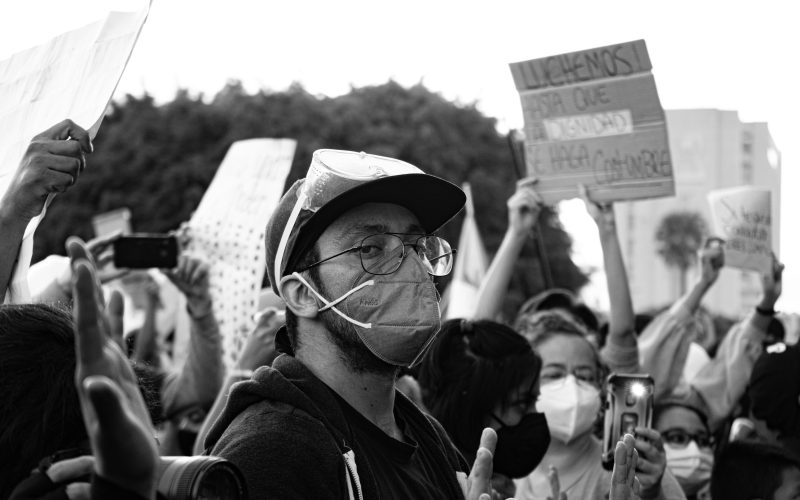In recent years, social media has become a powerful tool for activism and social justice movements. One of the most significant ways that social media has been used to promote these causes is through the use of hashtags. Hashtags are a way of categorizing content on social media platforms, making it easier for users to find and engage with specific topics. In this article, we will explore the power of hashtags in activism and social justice movements, with a focus on two of the most prominent hashtags of recent years: #MeToo and #BlackLivesMatter.
The Rise of #MeToo
The #MeToo movement began in 2017 as a way for women to share their experiences of sexual harassment and assault. The movement gained momentum when actress Alyssa Milano tweeted, “If you’ve been sexually harassed or assaulted write ‘me too’ as a reply to this tweet.” The hashtag quickly went viral, with thousands of women sharing their stories and experiences.
The power of the #MeToo hashtag lies in its ability to create a sense of community and solidarity among survivors of sexual harassment and assault. By sharing their stories and using the hashtag, survivors were able to connect with others who had similar experiences, and to feel less alone in their struggles. The hashtag also helped to raise awareness about the prevalence of sexual harassment and assault, and to hold perpetrators accountable for their actions.
The Impact of #BlackLivesMatter
The #BlackLivesMatter movement began in 2013, following the acquittal of George Zimmerman in the shooting death of Trayvon Martin. The movement gained national attention in 2014, after the police shooting of Michael Brown in Ferguson, Missouri. The hashtag was used to protest police brutality and systemic racism, and to demand justice for victims of police violence.
The power of the #BlackLivesMatter hashtag lies in its ability to bring attention to issues of racial injustice and police brutality. The hashtag has been used to organize protests and demonstrations, to share information about police violence and misconduct, and to hold law enforcement accountable for their actions. The hashtag has also helped to raise awareness about the ways in which systemic racism affects communities of color, and to promote the need for systemic change.
The Future of Hashtags in Activism
The success of the #MeToo and #BlackLivesMatter hashtags has demonstrated the power of social media in promoting activism and social justice movements. Hashtags have the ability to connect people from all over the world, to raise awareness about important issues, and to hold those in power accountable for their actions. As social media continues to evolve, it is likely that hashtags will continue to play an important role in activism and social justice movements.
However, it is important to note that hashtags alone are not enough to create lasting change. While hashtags can raise awareness and bring attention to important issues, they must be accompanied by concrete actions and systemic change in order to create real progress. Activism requires more than just a hashtag; it requires sustained effort and a commitment to creating meaningful change.
Conclusion
Hashtags have become a powerful tool for activism and social justice movements, with the #MeToo and #BlackLivesMatter hashtags serving as two prominent examples. These hashtags have helped to raise awareness about important issues, to connect people from all over the world, and to hold those in power accountable for their actions. While hashtags alone are not enough to create lasting change, they can be an important part of a larger movement for social justice and equality.












